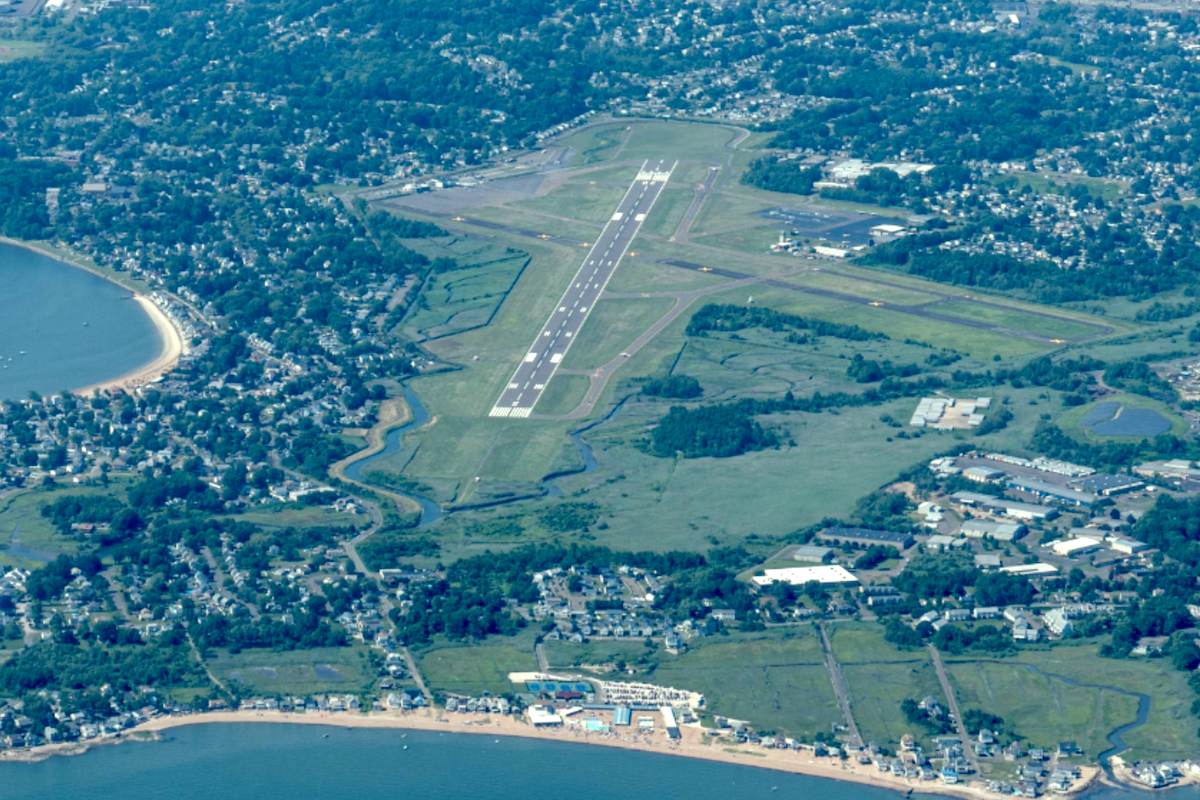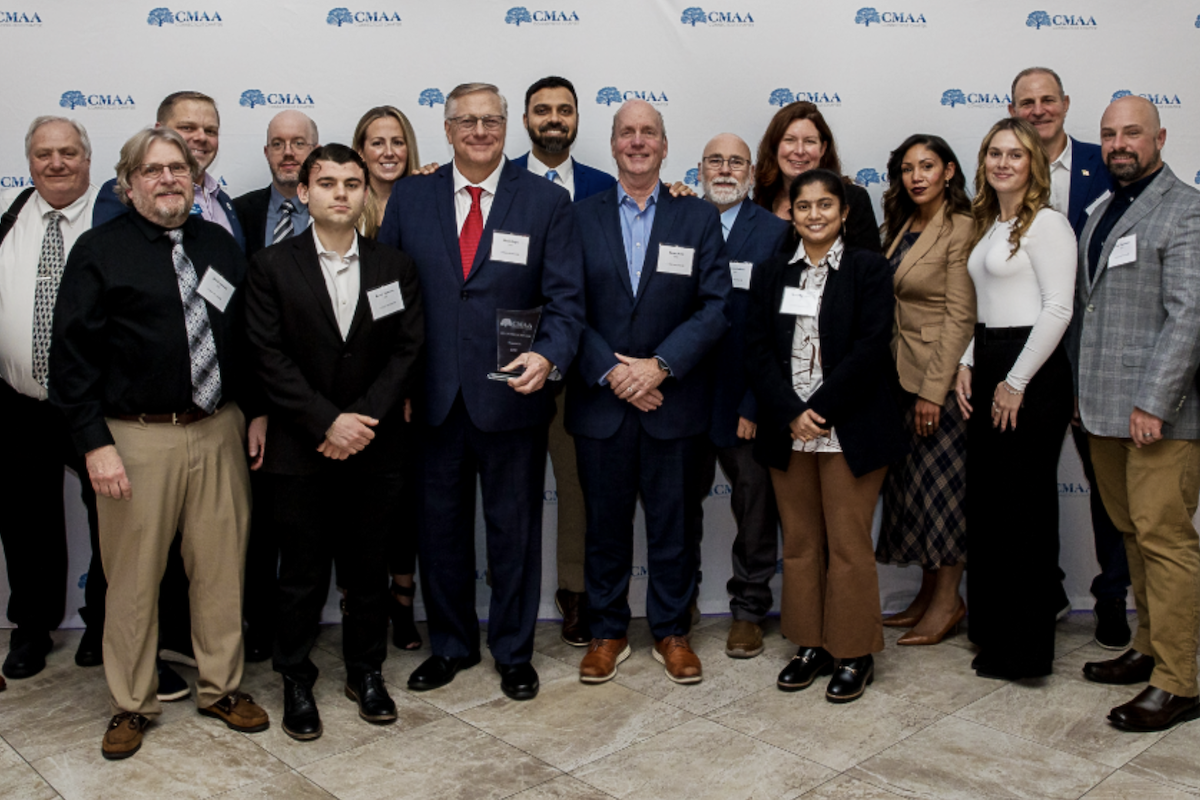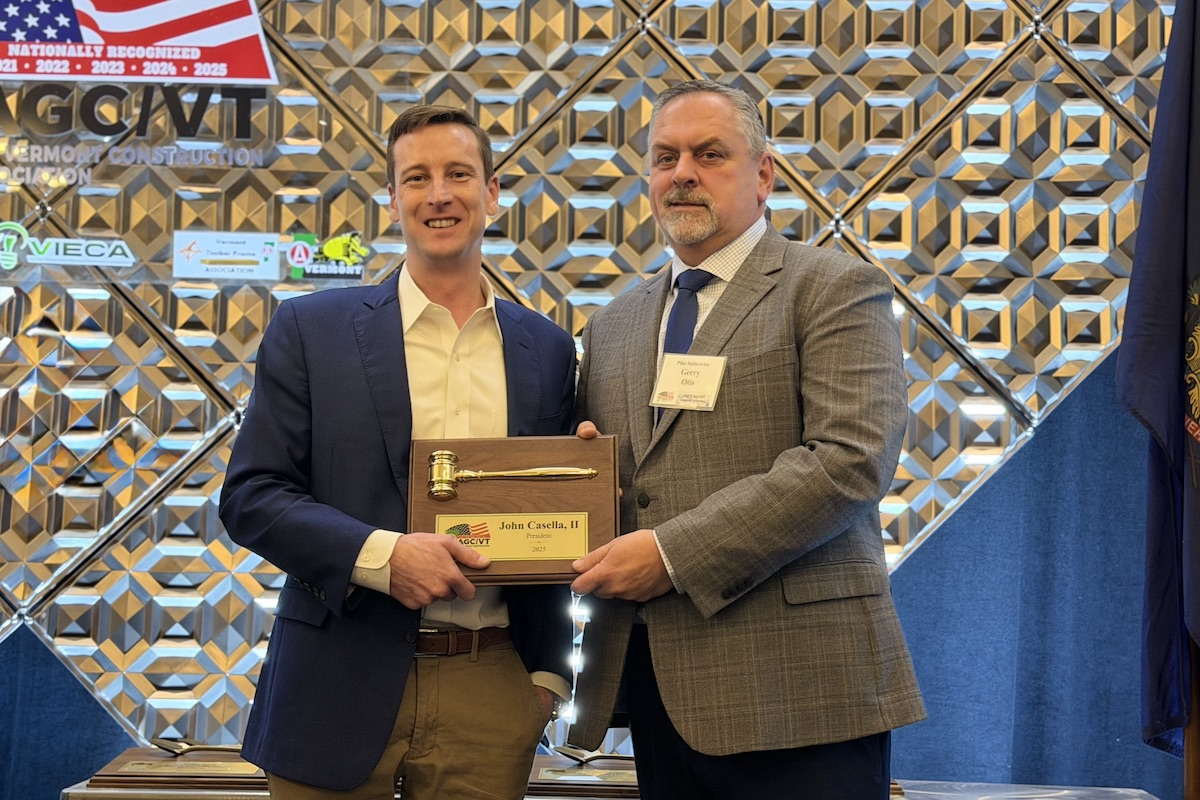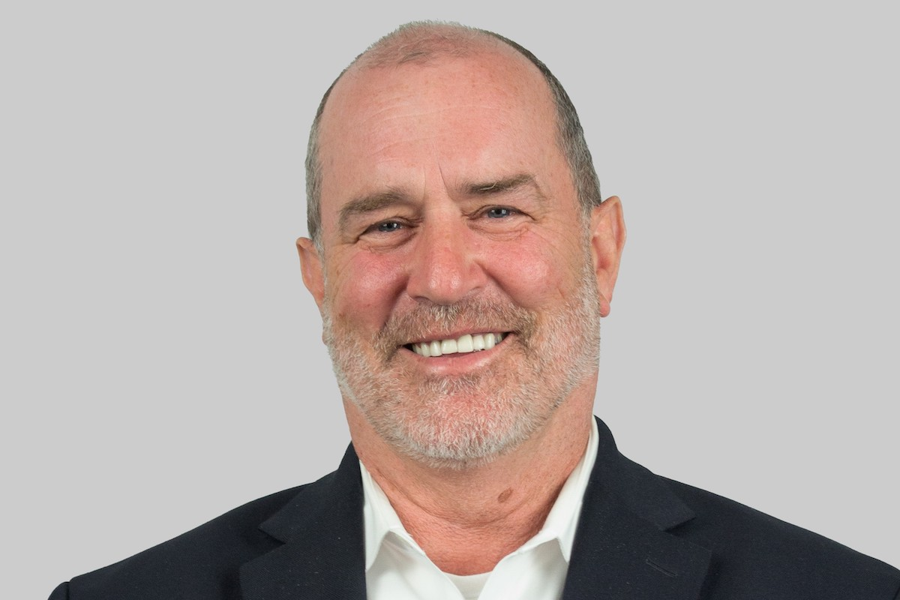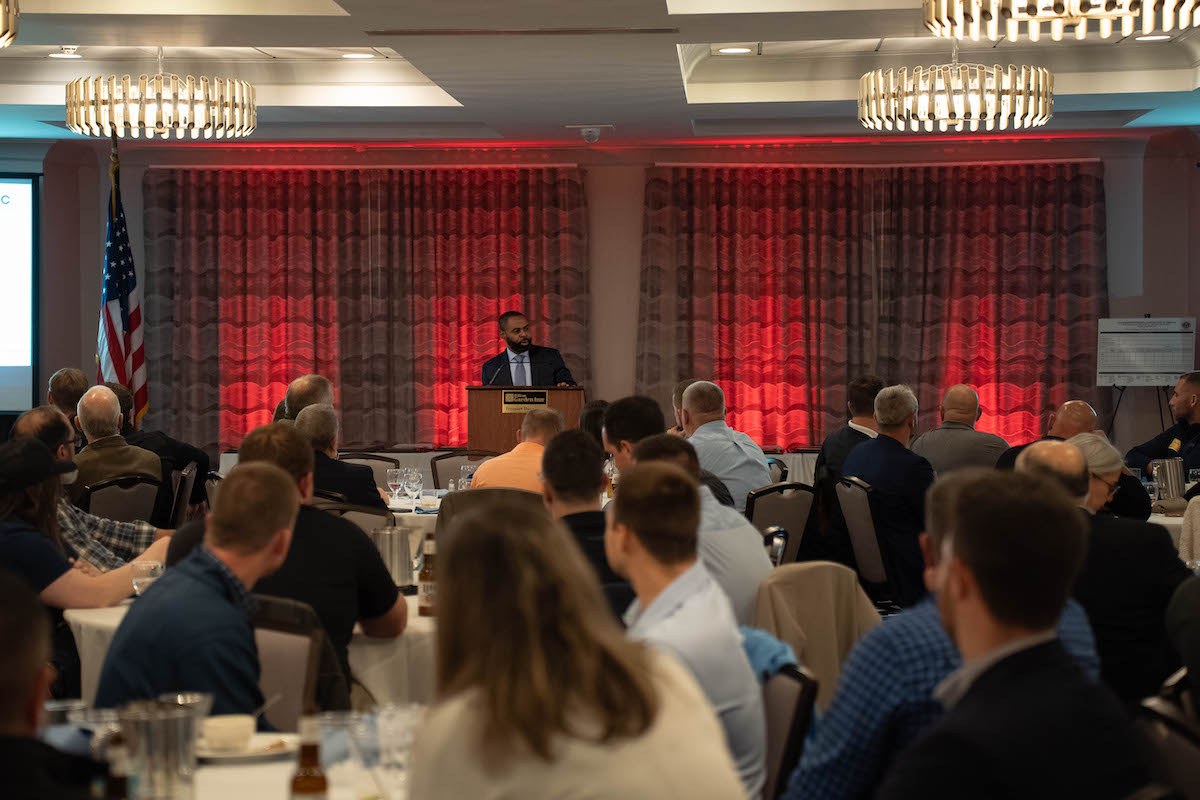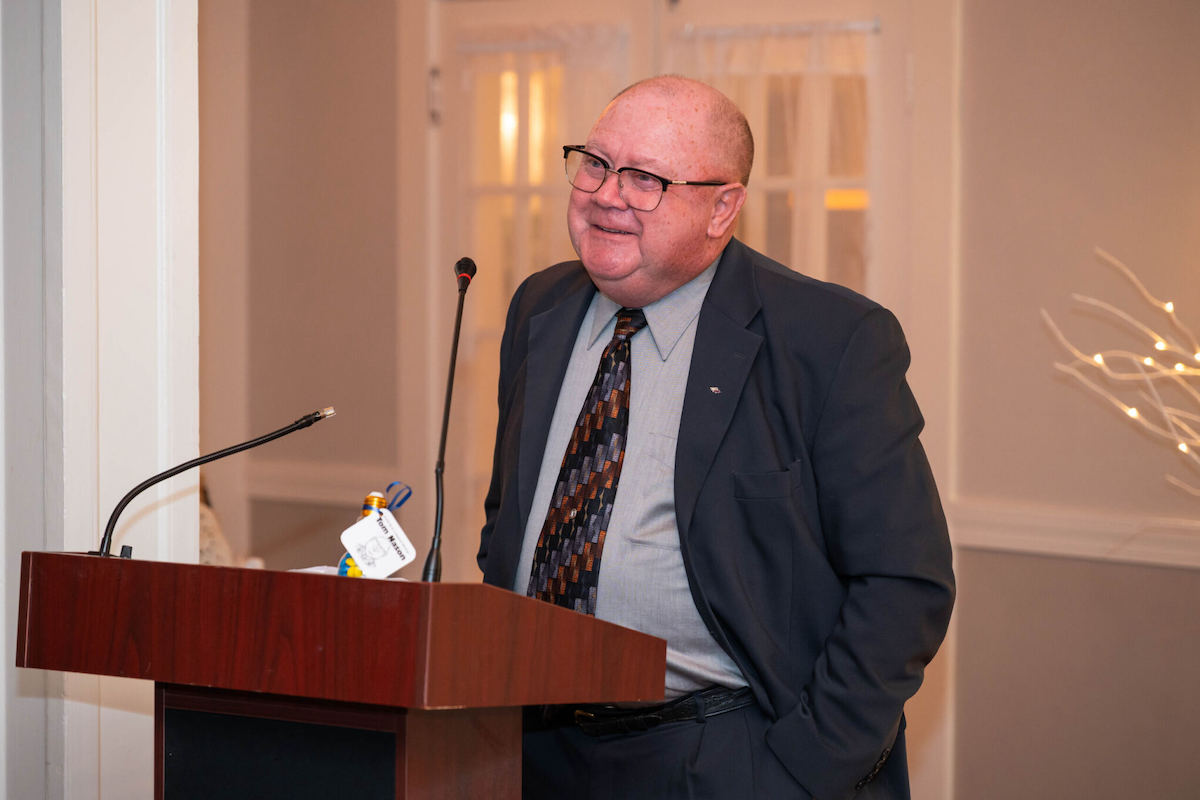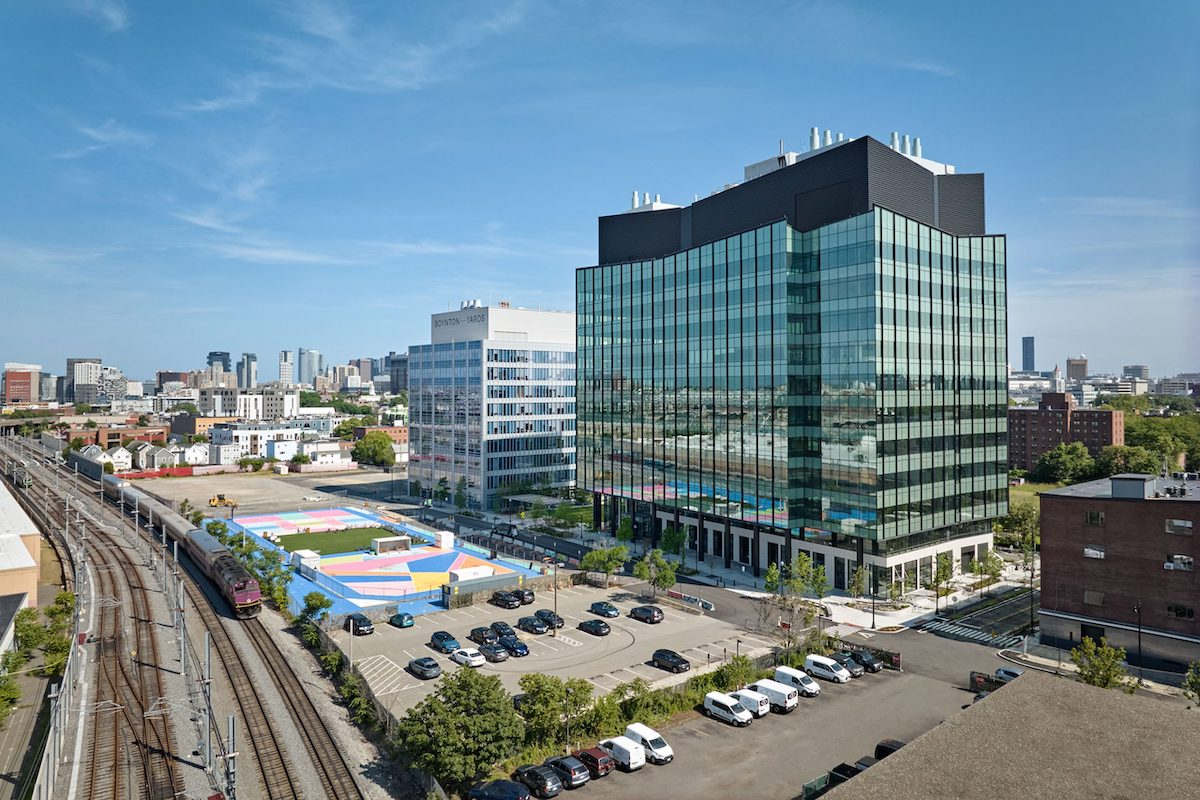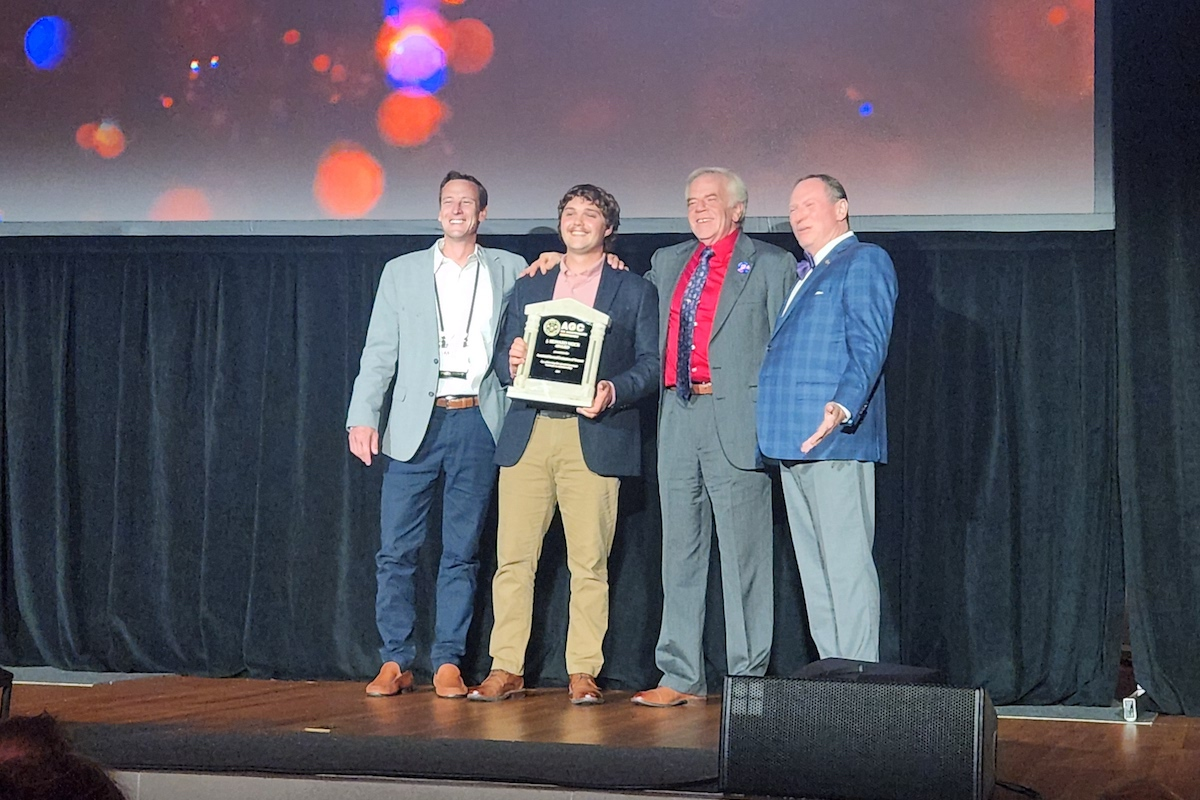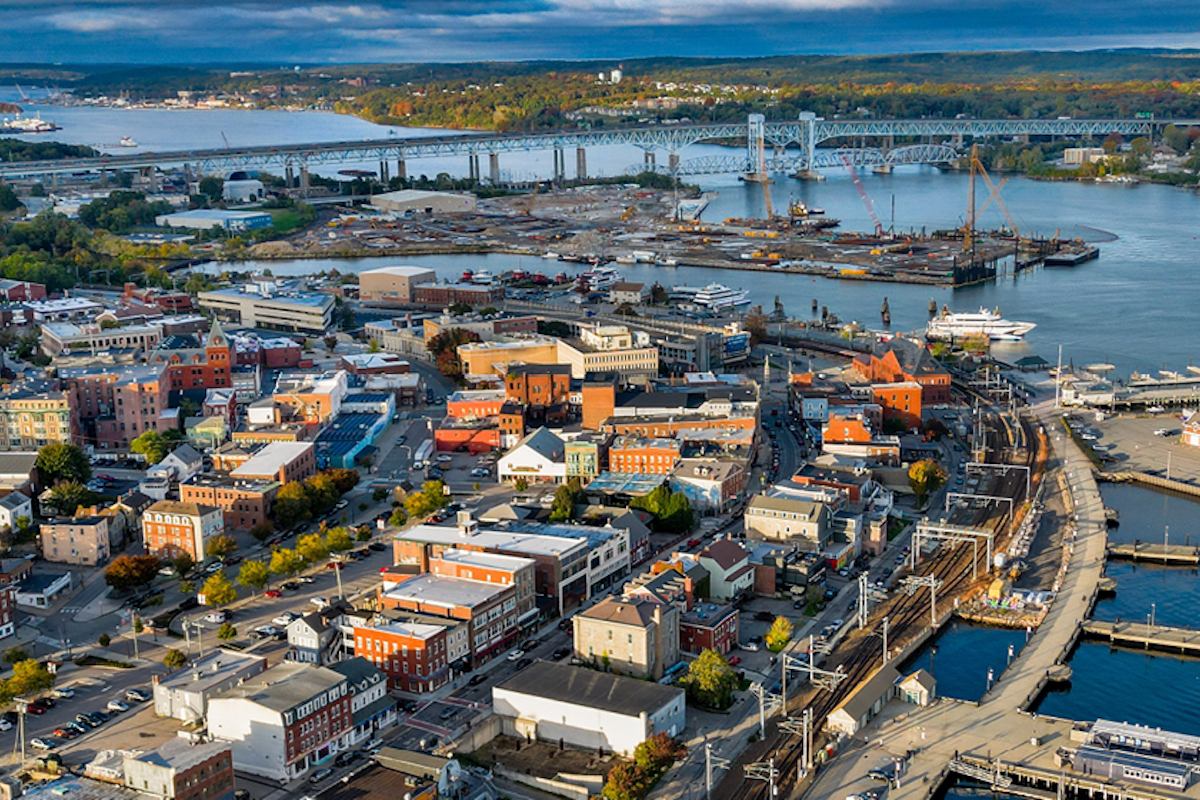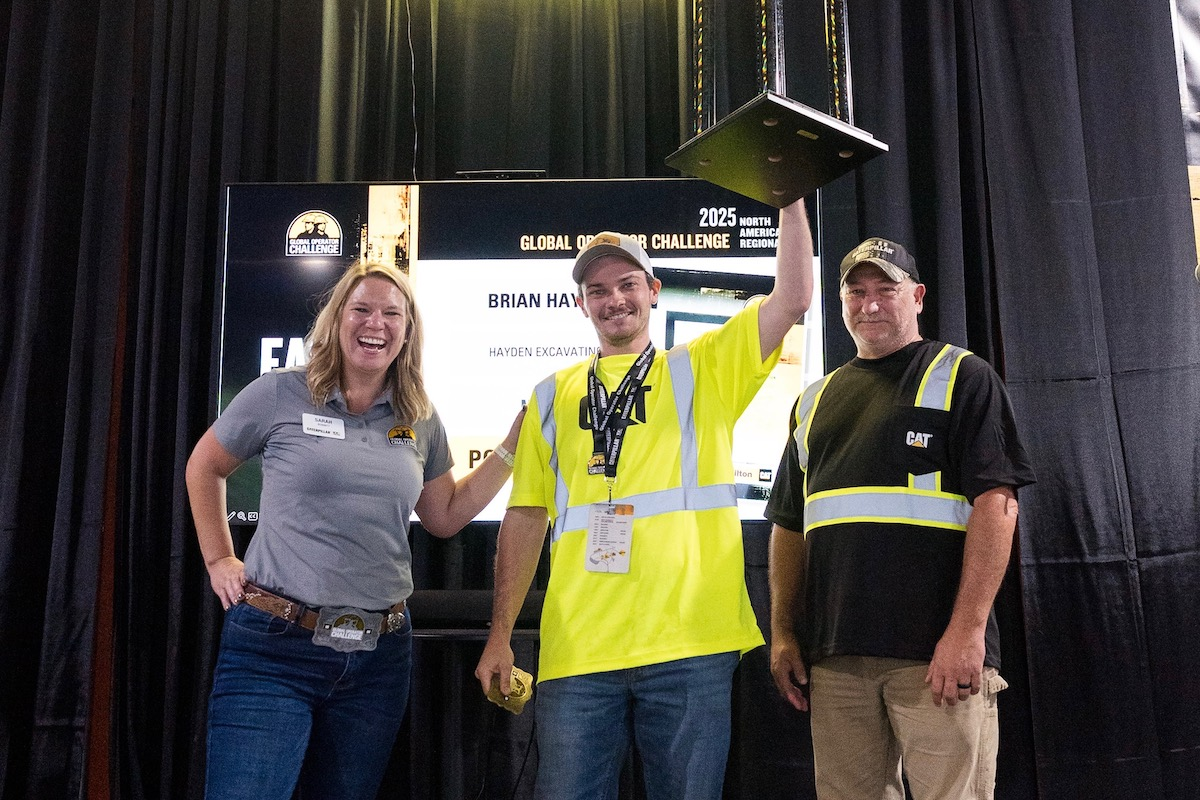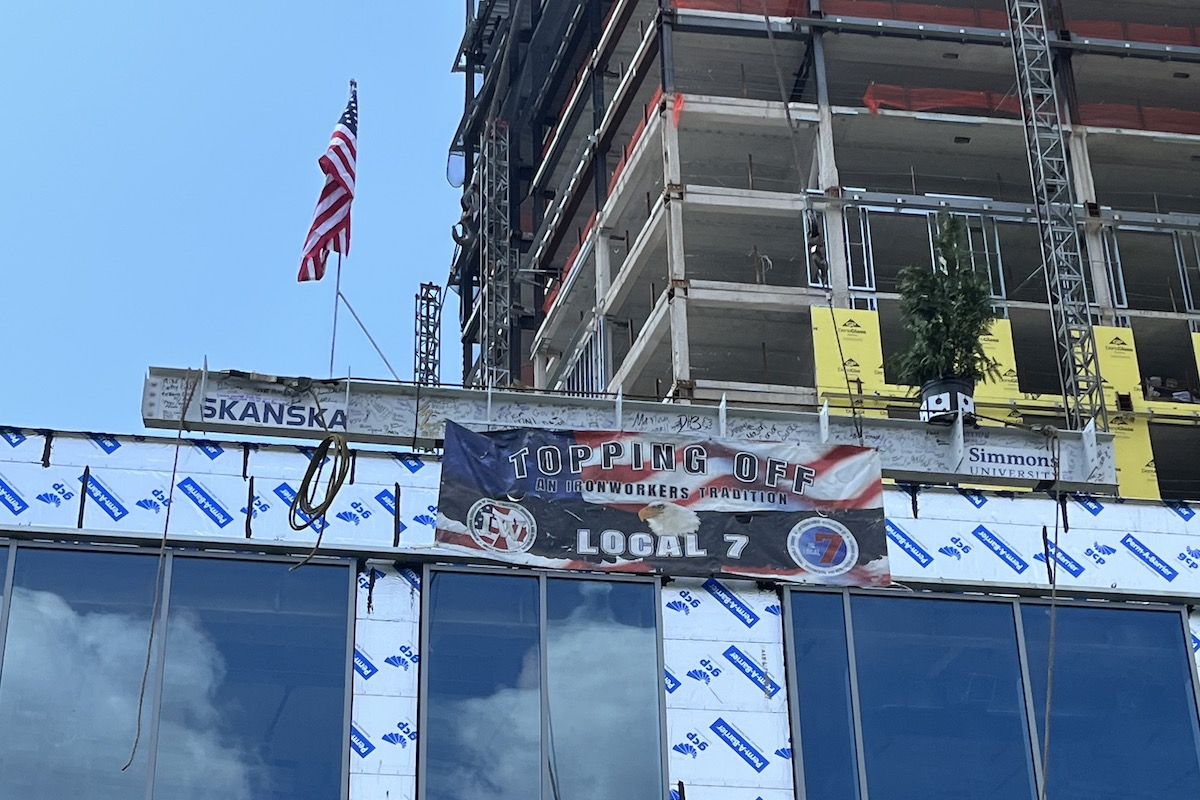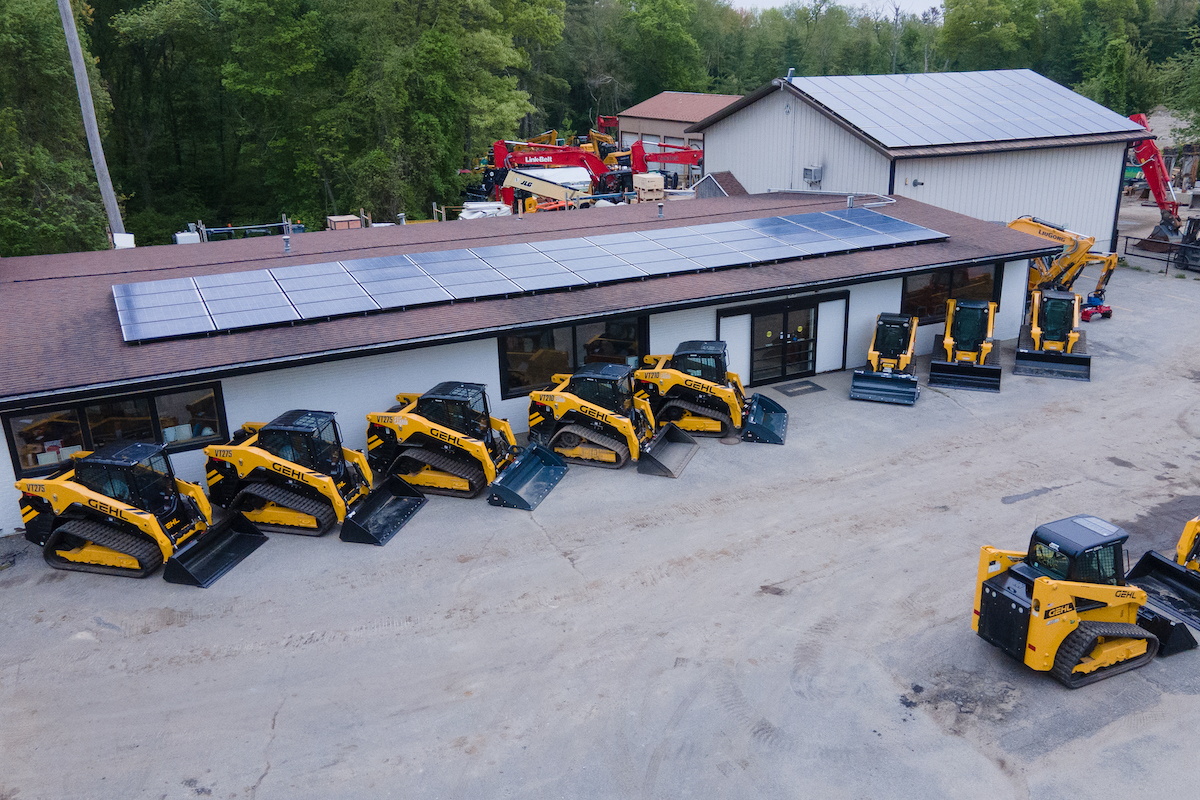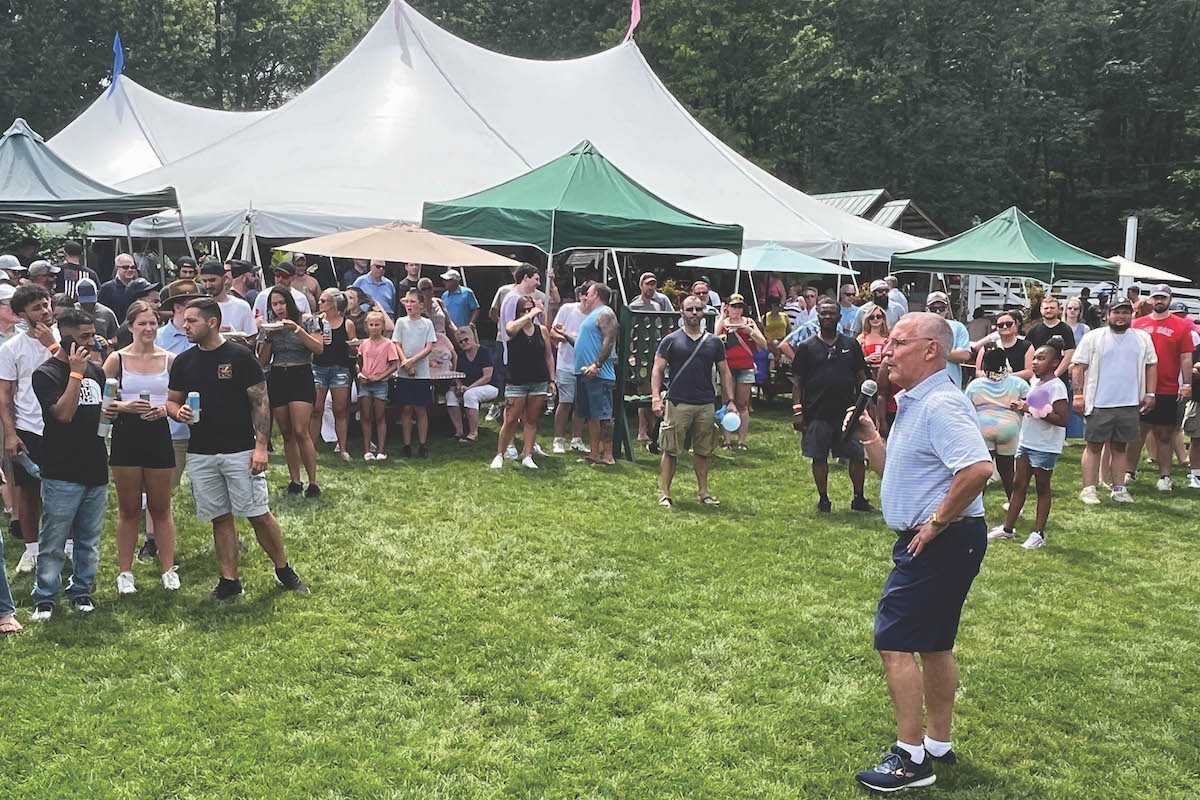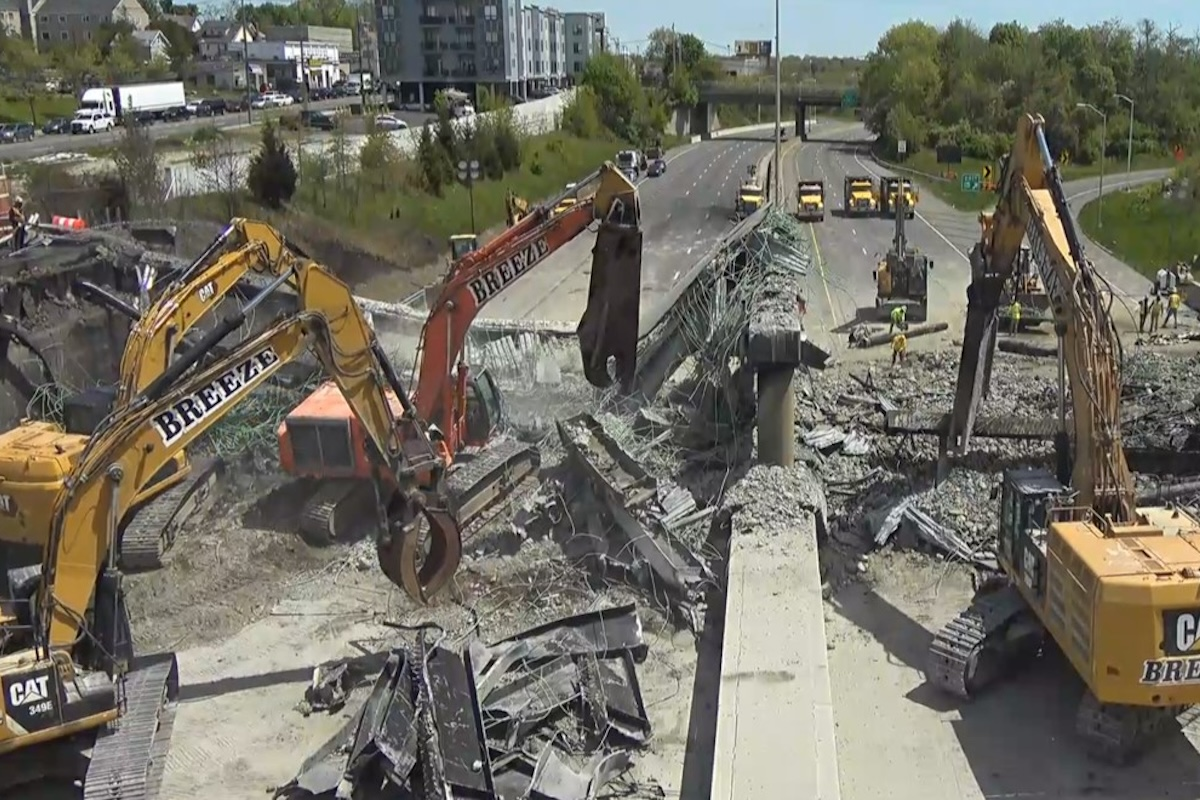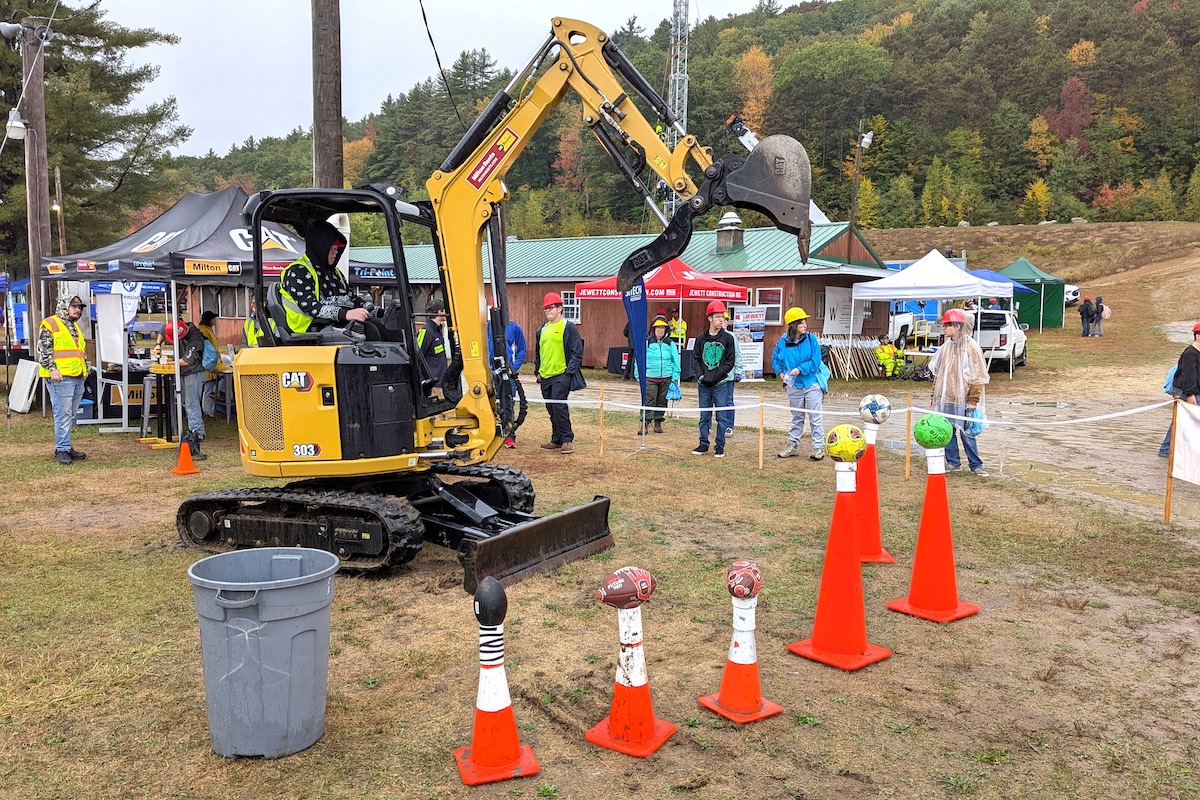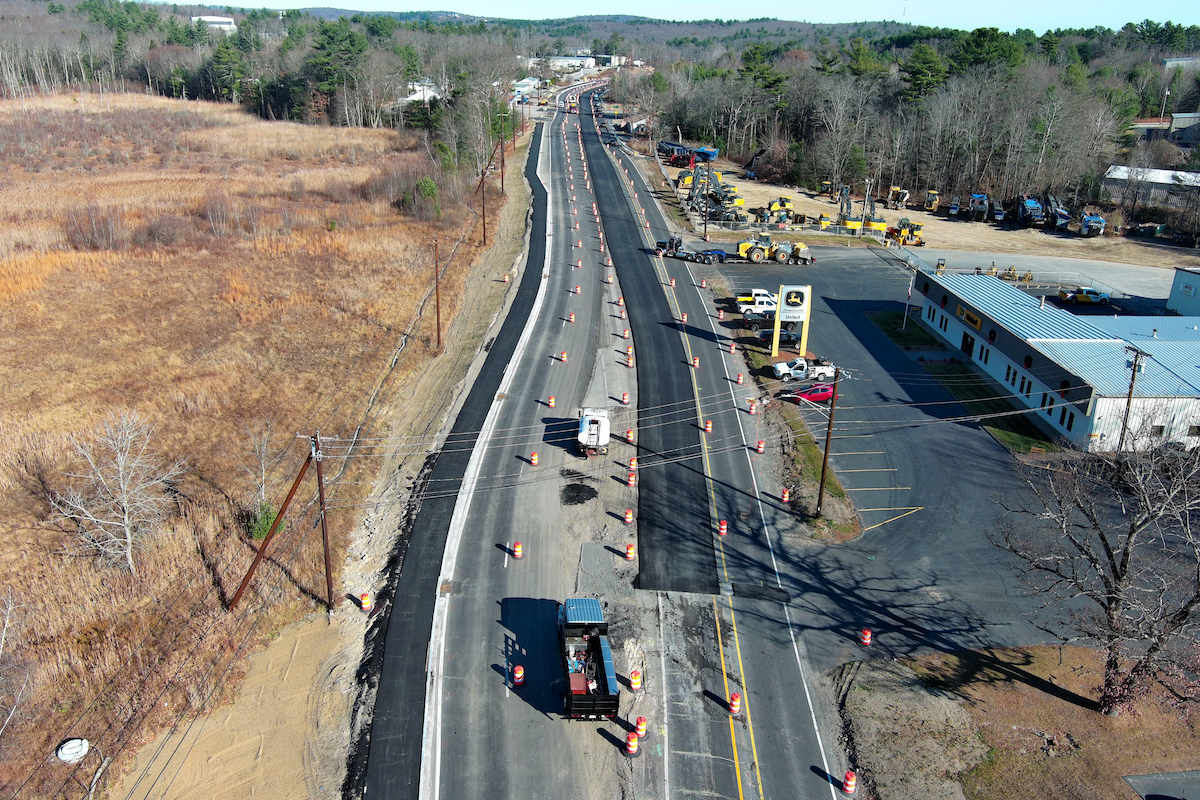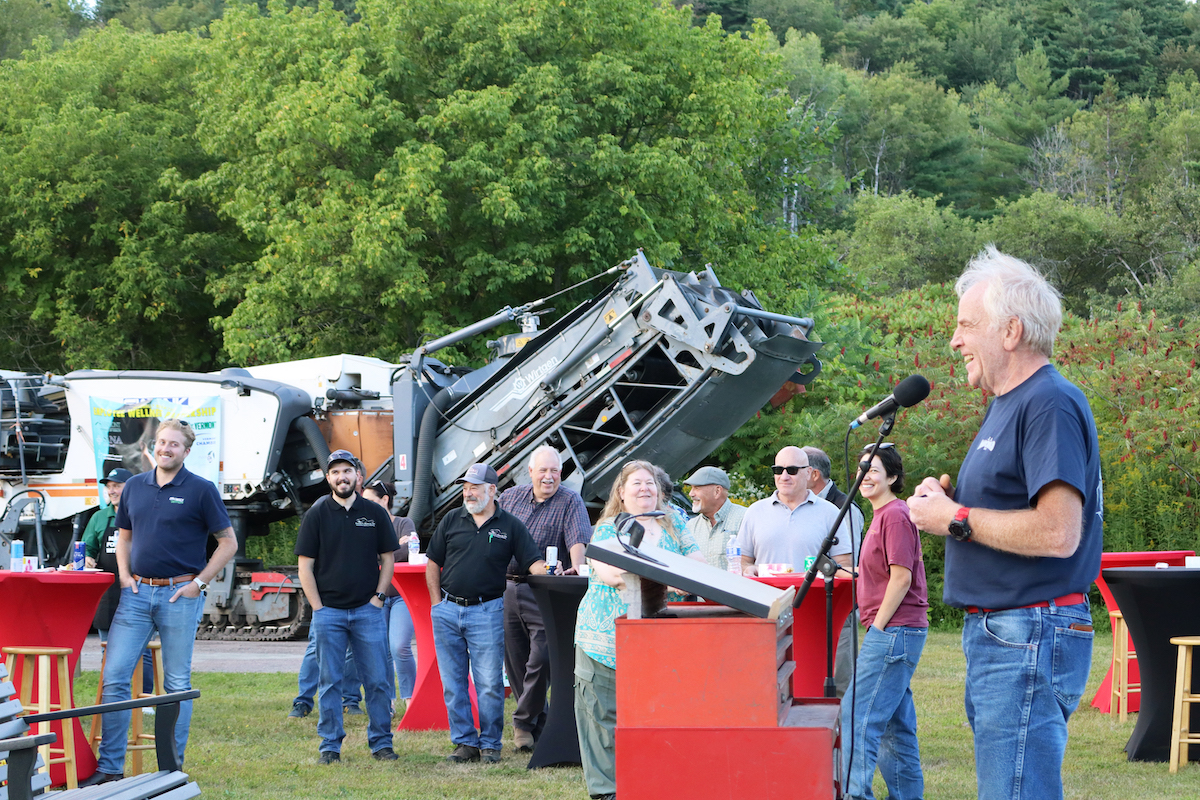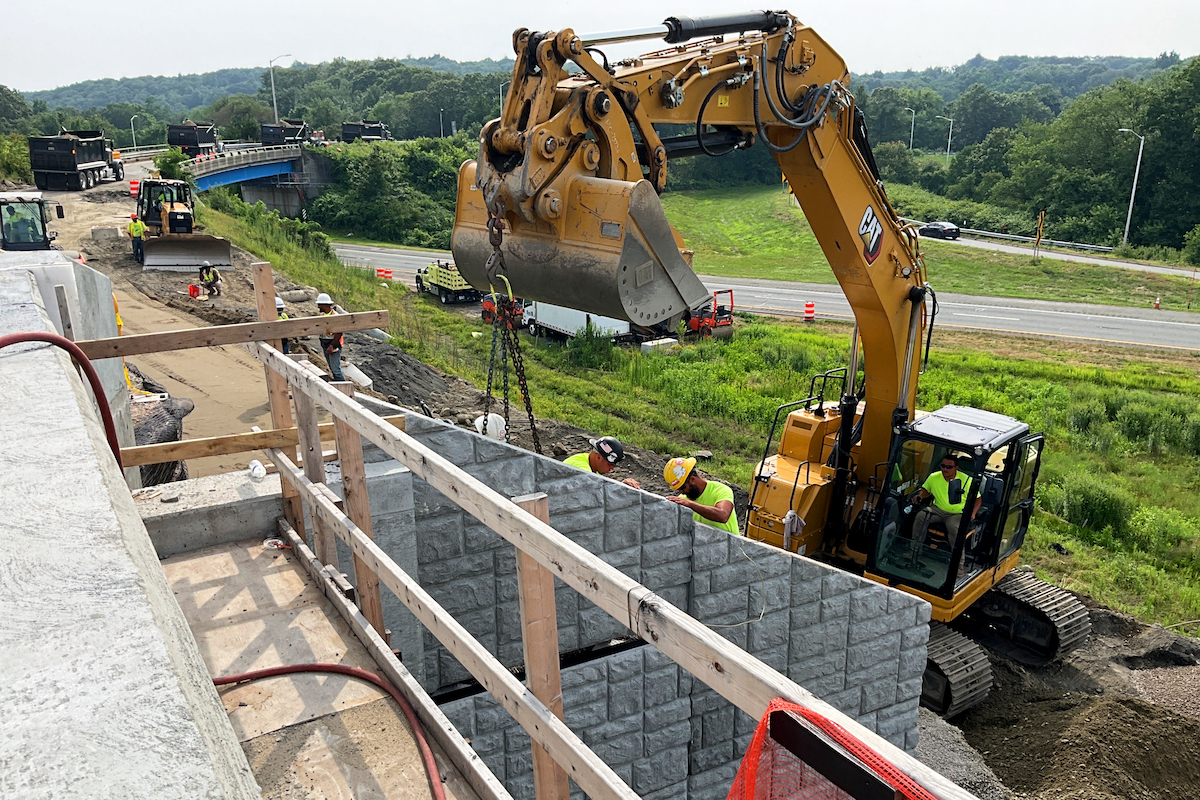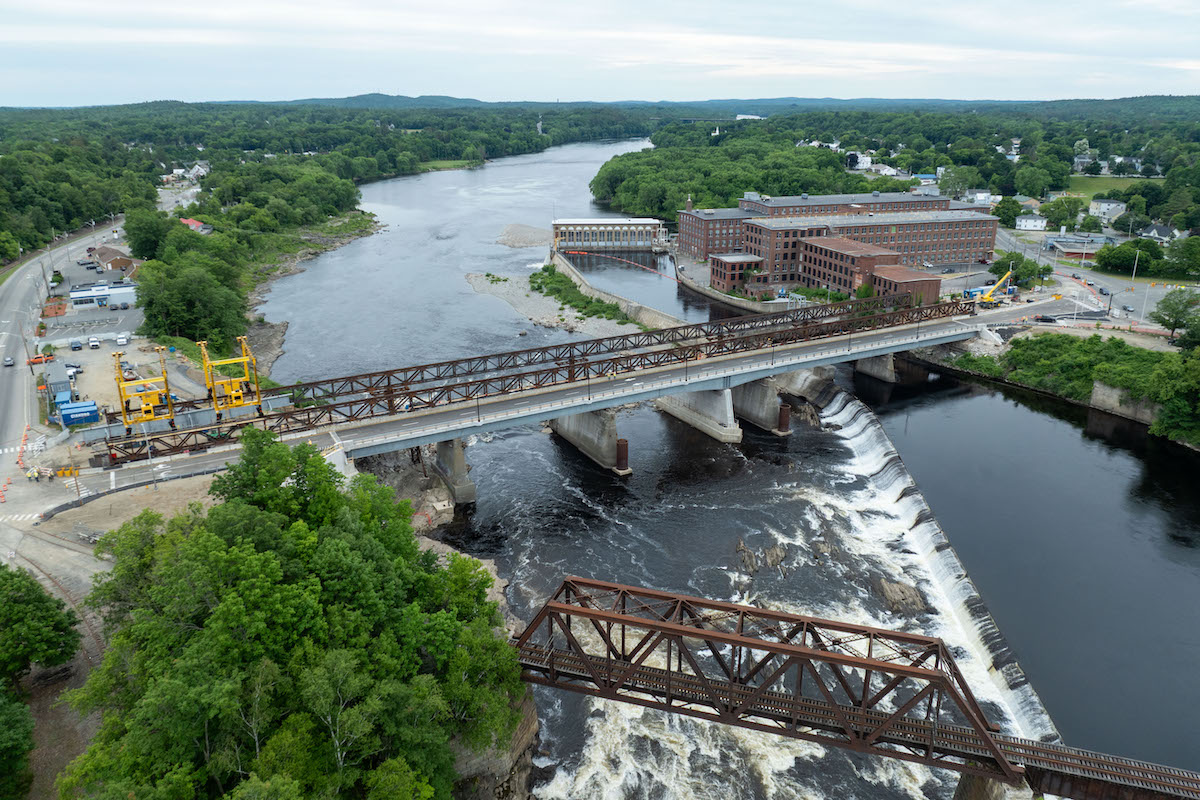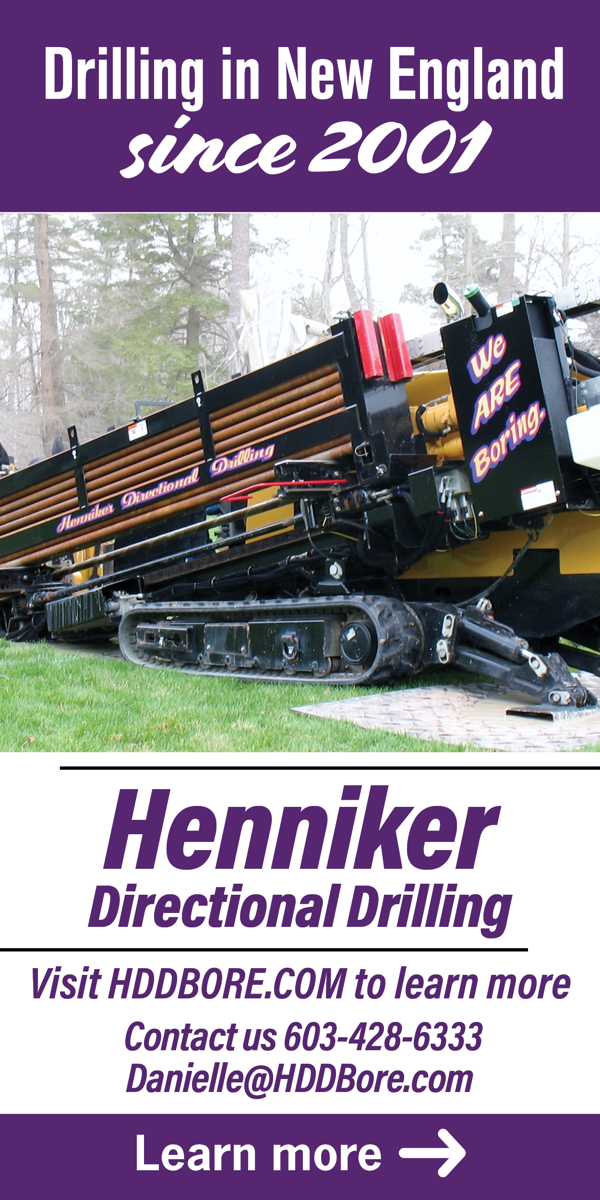“While safe, the bridge is nearing the end of its projected lifespan,” says Melissa Black, Communications Manager with the Missouri Department of Transportation (MoDOT).
The existing dual-span, triple-arch bridge carries traffic on U.S. 169 over the Missouri River and serves as a key connection between downtown and communities to the north, she explains.
“Since it was built in 1956, the neighborhoods and communities on both sides of the bridge have changed significantly, and now, nearly 50,000 vehicles use the bridge daily,” Black reports. “We want to make sure that the final project considers what is needed for the region and deliver a long-lasting infrastructure solution to the city.”
MoDOT has communicated construction plans to the surrounding communities and the traveling public so motorists know what to expect.

| Your local Case Construction Equipment Inc dealer |
|---|
| Beauregard Equipment |
| Monroe Tractor |
“The existing Buck O’Neil Bridge was in need of either a major rehabilitation or replacement,” Black recalls. “The community had a desire to replace the bridge and improve connectivity to the interstate system and the city street network in addition to the replacement of the bridge.”
The department conducted an environmental study and online surveys and held public meetings and hearings. A group of citizens is currently involved in helping make decisions about area aesthetics.
“The aesthetics group is looking at changes off of the bridge to activate the area and add art and sculptures. This won’t be constructed as part of the Buck O’Neil project,” says Mary Miller, Project Director of the Buck O’Neil Bridge design-build project for MoDOT. “They will procure the work themselves. Our project includes, murals, enhanced railing, landscaping, a scenic overlook and color changing lights on the bridge.”
Due to the downtown location and restrictions related to rail lines, waterways, wildlife, and an airport in close proximity, a large iconic bridge was not an option, Black says.
“The new plate girder bridges will require much less maintenance than the former bridge and was the most cost-effective option,” she adds.

| Your local Hyundai dealer |
|---|
| Equipment East |
The new structures will provide direct connections from Interstate 35 to U.S. 169, a new bike/pedestrian lane, access improvements at the downtown airport, changing LED lights following along the trail, a scenic overlook with benches, and murals featuring Kansas City icons, Black says.
MoDOT and Kansas City partnered on the replacement bridge. The funding for the $257 million replacement bridge includes $123 million from the City of Kansas City; $135 million from MoDOT, both including federal funds; and a $25 million BUILD federal grant.
“Using design-build for a large project like the Buck O’Neil Bridge allows us to combine the design and construction phases into one contract providing significant time and cost savings,” Black says.
Design-build also allows for innovation. On this project, Massman-Clarkson suggested using a soil-nail wall when adding an extra lane to northbound I-35 for the connection to U.S. 169.
“They had to cut back the rock bluff and put a wall in to retain that material,” says James Pflum, Deputy Project Director of the Buck O’Neil Bridge design-build project for MoDOT. Pflum praised the intricate sequencing the job required and how well it was followed.

| Your local Esco Corporation dealer |
|---|
| Genalco |
“There is a lot of planning and sequencing they have to make,” Pflum says.
The new bridge is being built to the west of the existing structure. At the closest spot, they are about 10 feet apart. The newer bridge will provide about 58 feet of clearance for commercial barges and recreational boat traffic. The navigational channel is 425 feet wide.
The river bridges are founded on drilled shafts and constructed during marine operations from barges, which due to a drought, were often resting on the river bottom. Three cranes on the barges are being used to construct the bridges. The contractor also installed a dock on the north bank to help with transportation of materials to the job site.
There are four bents in the water, with eight in the adjacent flood plains. The bridges utilize both steel and concrete girders.
Both approaches to the bridges are changing and will affect traffic flow. But until March 2022, disruptions for motorists had been minimal. At that time, the department closed northbound I-35 on the west side of the Downtown Loop. It is projected to open in December 2022.
“The big traffic impacts will be next year,” Miller says.

| Your local Trimble Construction Division dealer |
|---|
| SITECH Northeast |
In 2023, southbound U.S. 169 will close for about two years and southbound I-35 will close also.
“Although this corridor is a major connection for those in the region, there are multiple alternate routes in the area as well,” Black says. “Signed detours and lots of communication have helped drivers be aware of the work ahead of time, so they can plan their routes accordingly. We are also starting to see alternate routes being used as well.”
The project also includes two flyover bridges from I-35 to U.S. 169. Much of the shafts, columns and caps have been completed, Miller says. The northbound bridge is considerably higher than the southbound.
“They are making good progress,” Miller adds. “The girders will be placed starting this summer. They will be a combination of both concrete and steel.
Massman-Clarkson is using three Manitowoc cranes; Caterpillar excavators, bulldozers, skid deters and drill rigs; a John Deere Tractor and pavement breaker; Tadano Mantis and Grove boom cranes and other heavy equipment.

| Your local Volvo Construction Equipment dealer |
|---|
| Tyler Equipment |
The department expects the project to be complete in December 2024. Once the new bridge is finished, the current contract calls for Massman-Clarkson to demolish the old bridge. However, the City of Kansas City is evaluating the feasibility of taking it over and making the southbound lanes into a pedestrian bridge and an iconic attraction.
“The new bridge is anticipated to last for a 100 years or more and will require much less costly maintenance,” Black says.
Photos courtesy of the Missouri Department of Transportation


















